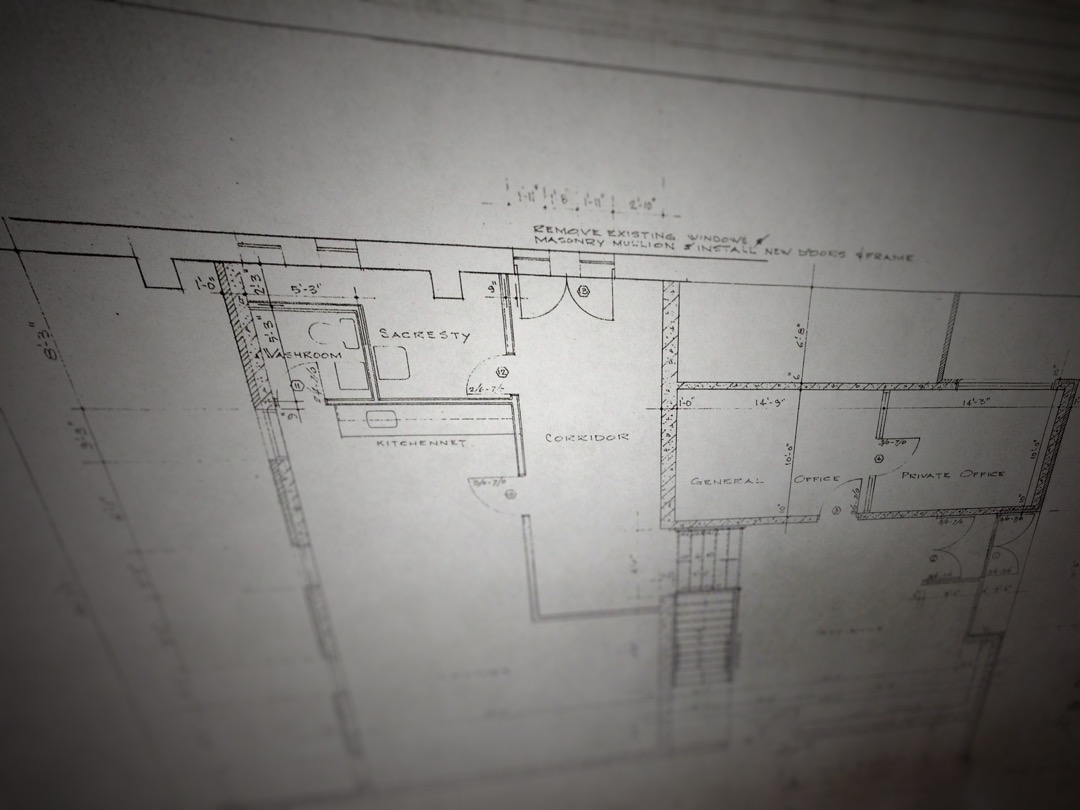During the past year in over 20 locations throughout the diocese, the Bishop’s Advisory Committee on Church Buildings (BACCB) provided diocesan oversight to parishes undertaking new construction, as well as the varied projects listed above.
In recognizing lessons learned in one parish might be usefully shared in another, BACCB exists to support such continuity, offer technical advice to parishes which request it and protect the interests of the Diocese, reported Committee Chair Ian Chadwick.
The Bishop, or a parish through the Bishop’s office, can request the help of BACCB to review projects, suggest consultants or contractors and monitor their work. This ranges from reviewing and commenting on plans and drawings of proposed church buildings or major modification to existing ones. It also involves, from time to time, reviewing the progress of such construction.
The principles guiding BACCB have as much to do with cost-effective use of church resources as with environmental imperatives. These range from the efficiencies of heating and cooling systems, longevity of roofing materials and the safety of people who depend on church properties.
Among the committee’s intentions are reviewing guidelines for Canon 4.6, which explain the requirements for parish-diocesan co-operation in parish projects involving individual expenditures of more than $15,000. BACCB hopes to clarify them and improve their usefulness.
BACCB also contemplates drafting a diocesan fire safety protocol which would anticipate the expected encouragements from municipal fire services and insurance companies to up-grade church facilities.
Lastly, BACCB plans to draft an Anglican case for best practices in holding church properties and managing them — whether as centres for worship, community assets or heritage sites.
In his final reflection, Ian wrote, “The next year promises some new challenges in building maintenance and property management. Public expectations, financial pressures and limited choices may test the creative ability of our church to resolve the issues with positive outcomes. The need will be to seek spiritual guidance in developing new and alternative solutions which honour our Creator and serve his Son.”
Ian Chadwick is Chair of The Bishop’s Advisory Committee on Church Buildings.


A Pentecost Message from Bishop Susan